What does Microsoft's cloud-powered future mean for physical media?
As Halo 4 breaks records, Phil Harrison explains how Xbox is evolving.

Microsoft has made it very clear: it sees the future of Xbox not with discs sold in shops over the counter by a sales assistant but with what it calls "connected entertainment services" powered by the cloud.
Yesterday, during a media briefing that saw the announcement of a new developer, Lift London, and a new boss of Lionhead, former Rare chief Scott Henson, Phil Harrison, former high-ranking Sony PlayStation executive and now Microsoft's Xbox boss in Europe, the Middle East and Africa, explained how Xbox will evolve over the years to come.
"As we look to the future of our industry, increasingly the games, the IPs and the content, are going to sit on the cloud, powered by Xbox but accessible through a variety of devices. Rather than our games being device-centric, they will become cloud-centric. This is a general trend you will see more of as we go forward.
"Our games, yes, they will have the best GPU, CPU, immersive experience on Xbox 360, but they will also show up on Windows Phone, on Surface, on Windows 8 and on other compatible devices through SmartGlass."
This vision, Harrison said, influenced his decision to join Microsoft.
"The key thread that runs through our future is the shift from packaged products to connected entertainment services," Harrison continued. "That is the thread you will see us develop over the coming years. It's not a change we're going to make immediately. We will continue to support retail products with our key releases for sure.
"But everything we do will have increasingly deep social and additional features that are reliant on the network, that are unlocked by the network and enhanced by the network through Xbox Live and beyond. That's the key strategic shift we're making with our business, moving from being a maker of packaged products to being an operator of connected services.
"You will see that in the people we hire, the companies we partner with and the business models we develop and the creative expression we bring to life on all of these platforms."
Purchasing a product at retail on a disc is a great starting point for your relationship with a game
Phil Harrison
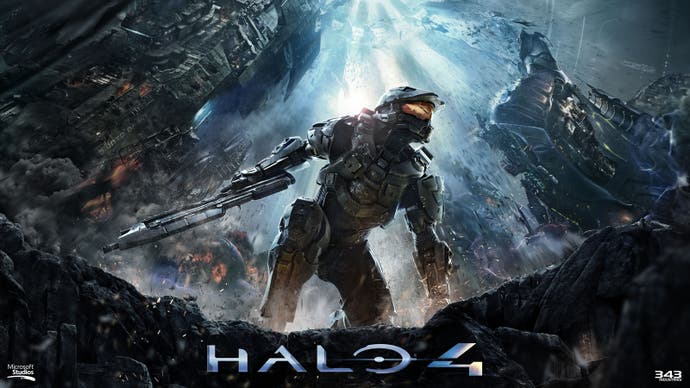
But what does all this mean for good old console exclusives that come on good old discs? Microsoft has itself seen very recently how successful big budget boxed products can be, and Harrison noted Xbox 360 exclusive Halo 4, released late last year, in his presentation.
"Our big retail release at the back end of last year was Halo 4," he said. "Based on the first 60 days, it is now on track to be our best-selling Halo ever, and by extension that means it's the best-selling Microsoft IP of all time. We're breaking records with the amount of multiplayer games."
Does Microsoft's multi-screen, multi-device, cloud-powered future signal the end of the disc? Not so, Harrison insisted.
"Purchasing a product at retail on a disc is a great starting point for your relationship with a game," he countered. "The point I'm trying to make is historically, 90 per cent of the game experience is on that disc. Yes, you might get some downloadable content and some additional levels you can buy, but by and large what you get on the disc is the extent of the product.
"The way I would encourage you to think about it for the future is that the disc is the starting point of what might be a five year relationship with the player and a five year relationship from us as a game maker to the community, and being able to respond to their needs and wishes and desires and help refine and build and extend the product over many months and, hopefully, if you have a great hit, over many years.
"It's not mutually exclusive. That doesn't mean you have to stop doing disc products in order to be cloud centric or service centric. The two are entirely compatible with each other."
Another shift appears to be in Microsoft's approach to first-party game development. Sony enjoys a huge network of worldwide studios, which encompasses 13 PlayStation-exclusive developers including Media Molecule, Naughty Dog and Polyphony. Microsoft has a smaller network of first-party game developers, but it has in recent months opened or bought new game studios including Press Play in Denmark, Black Tusk Studios in Vancouver and now Lift London in Soho.
Is Microsoft trying to emulate the vastness of Sony's global Worldwide Studios?
"I think Microsoft has an incredible studio network," Harrison said, "both internal and external. I would not in any way discount what we have relative to the competition. In fact, if you look at the market performance of our products, we outperform the competition. If you look at NPD data you can see our IPs outperform competitive first-party IPs by a significant margin. Ultimately, we are a business. That's a great way of measuring our success.
"But, I agree, we can always expand. I think you saw from our presentation today we very much believe Europe is a great place and opportunity for us. I built most of my career in the UK and Europe and believe in the talent within a thousand mile radius of this building."
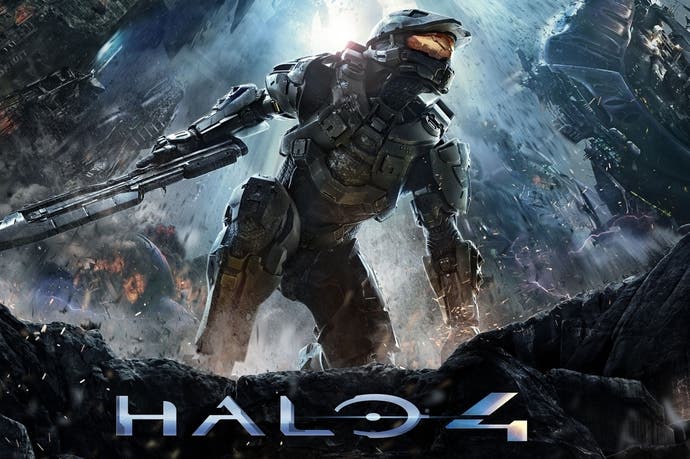




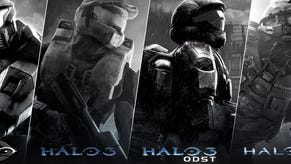

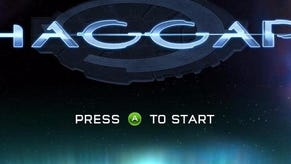

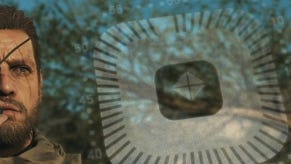
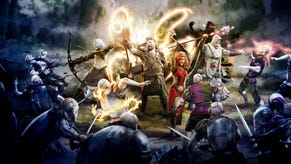
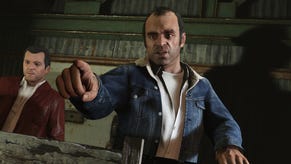
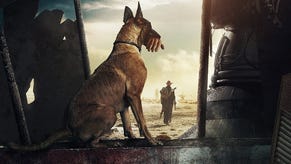
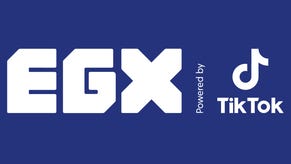
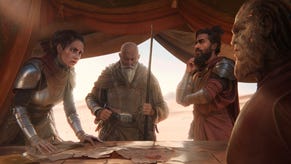

.png?width=291&height=164&fit=crop&quality=80&format=jpg&auto=webp)